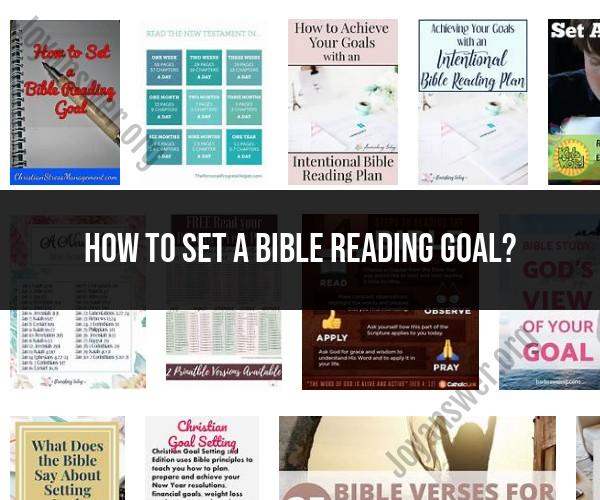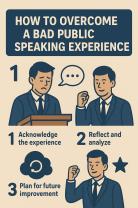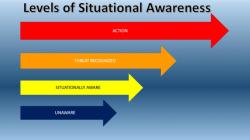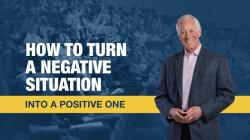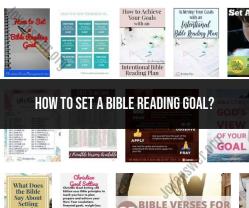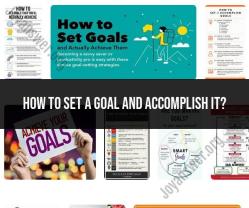How to set a Bible reading goal?
Setting a Bible reading goal can help you stay committed to studying and understanding the scriptures. Here are steps to help you set and achieve your Bible reading goals:
Define Your Purpose:
- Start by determining why you want to read the Bible. Are you seeking spiritual growth, knowledge, comfort, guidance, or a deeper understanding of your faith? Your purpose will influence the type of goal you set.
Choose a Reading Plan:
- There are various reading plans available to help you structure your Bible reading. Some common options include reading the Bible cover to cover, reading a specific book or set of books, or following a thematic reading plan. Choose a plan that aligns with your purpose and preferences.
Set Specific Goals:
- Make your goals specific and measurable. For example, instead of saying, "I want to read the Bible more," specify, "I want to read one chapter of the Bible every day" or "I want to finish reading the New Testament in three months."
Establish a Realistic Schedule:
- Determine when and where you will read the Bible. Create a schedule that fits into your daily or weekly routine. Consistency is key to achieving your goal.
Start Small, Then Progress:
- If you're new to Bible reading, start with a manageable goal and gradually increase it as you become more comfortable. It's better to start small and build a habit than to set an overly ambitious goal that you might struggle to maintain.
Use Tools and Resources:
- Utilize Bible study tools and resources to enhance your reading experience. This may include study Bibles, commentaries, online resources, or mobile apps that offer daily reading plans and devotionals.
Stay Accountable:
- Share your Bible reading goal with a trusted friend, family member, or a religious mentor. Having someone to hold you accountable can motivate you to stick to your reading plan.
Track Your Progress:
- Keep a record of your daily or weekly readings. This could be a simple checklist or a journal where you jot down insights, questions, or reflections from your reading.
Set Milestones and Rewards:
- Break your overall goal into smaller milestones. Celebrate your achievements along the way, and consider rewarding yourself when you reach significant milestones. Rewards can serve as positive reinforcement.
Stay Flexible:
- Life can be unpredictable, and there may be days when you can't stick to your reading schedule. Don't be too hard on yourself. Be flexible and make up missed readings when possible.
Pray and Reflect:
- Before and after your Bible reading, take a moment to pray and reflect on what you've read. Seek guidance, understanding, and inspiration through prayer.
Join a Bible Study Group:
- Consider joining a Bible study group or participating in a church or community-based study. Group discussions can deepen your understanding and provide additional motivation.
Remember that the goal of reading the Bible is not just to complete it but to gain insights, grow spiritually, and apply its teachings to your life. Stay patient and persistent in your efforts, and don't be discouraged by setbacks. Over time, you will experience the benefits of regular Bible reading and achieve your spiritual goals.
Setting Spiritual Goals: How to Establish a Bible Reading Plan
Setting spiritual goals is a great way to grow in your faith and relationship with God. One way to set a spiritual goal is to establish a Bible reading plan. This can be as simple as committing to read a certain number of chapters each day or week.
Here are some tips for establishing a Bible reading plan:
- Choose a Bible that you are comfortable reading and that you can understand. There are many different translations of the Bible available, so take some time to find one that you enjoy reading.
- Set realistic goals. Don't try to read the entire Bible in one day. Instead, start by setting a goal to read a certain number of chapters each day or week.
- Find a time to read when you won't be interrupted. This may be in the morning, before bed, or during your lunch break.
- Find a place to read where you can be comfortable and focus. This may be at a quiet spot in your home, at a coffee shop, or at a park.
- Pray before you start reading. Ask God to help you understand what you are reading and to apply it to your life.
- Don't worry if you miss a day. Just pick up where you left off the next day.
Bible Reading Objectives: Creating a Meaningful Reading Goal
When setting a Bible reading goal, it is important to make sure that it is meaningful to you. What do you hope to achieve by reading the Bible? Are you looking to learn more about God, grow in your faith, or find guidance for your life?
Once you know what you hope to achieve, you can set a goal that will help you reach your objective. For example, if you are looking to learn more about God, you could set a goal to read one of the Gospels each month. If you are looking to grow in your faith, you could set a goal to read one of the Psalms each day. If you are looking to find guidance for your life, you could set a goal to read a chapter from the Book of Proverbs each day.
Nurturing Faith: Steps to Set a Bible Reading Target
Setting a Bible reading target is an important step in nurturing your faith. When you commit to reading the Bible regularly, you are opening yourself up to God's Word and allowing it to transform your life.
Here are some steps to set a Bible reading target:
- Pray and ask God what He wants you to read.
- Choose a Bible reading plan that is appropriate for your level of spiritual maturity and your schedule.
- Set a specific goal for how many chapters or verses you will read each day or week.
- Find a time and place where you can read regularly without distractions.
- Be consistent with your reading, even if you only have a few minutes each day.
- Meditate on what you read and apply it to your life.
Reading the Bible regularly is a great way to grow in your faith and relationship with God. By setting a Bible reading target, you can commit to spending time in God's Word and allowing it to transform your life.
